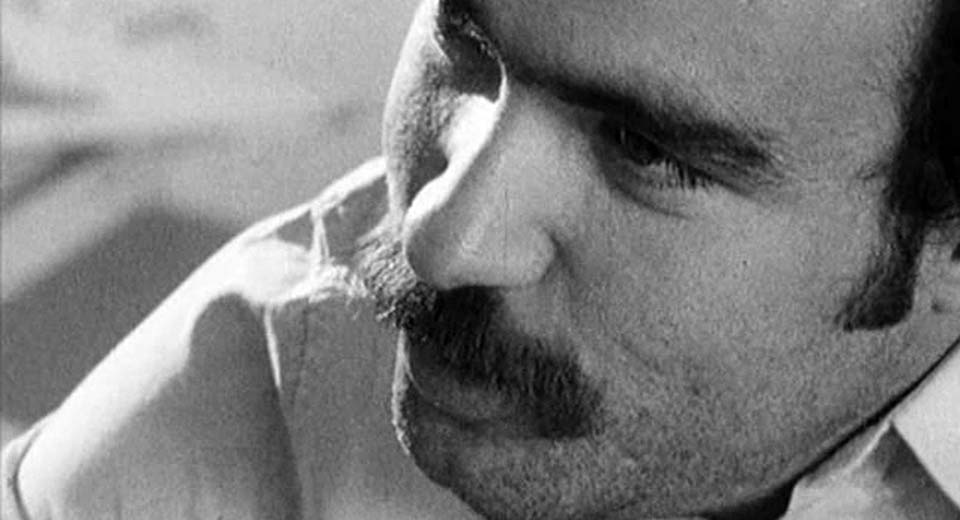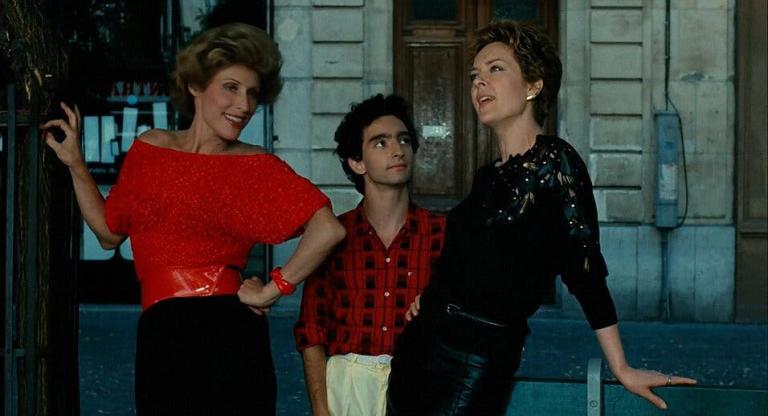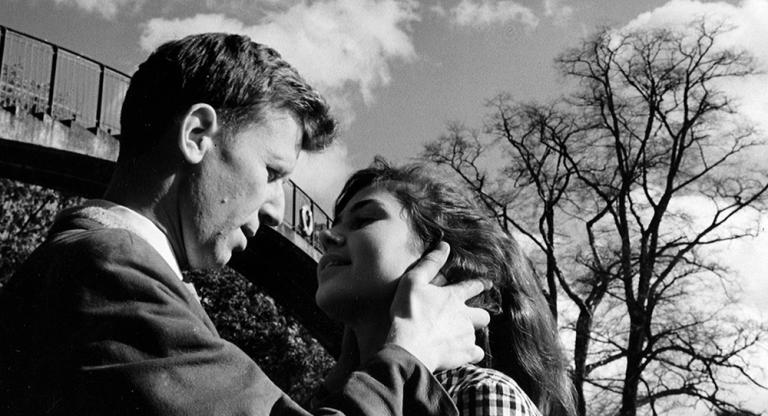
As a teenager in provincial Chile, Raul Ruiz became obsessed, like the rest of his friends, with the B-movies that were the only Hollywood exports that made it that far south. From watching Budd Boetticher westerns and Flash Gordon serials, the young Ruiz intuited that a movie composed of fragmentary scenarios and enigmatic images could be the occasion for a whole experience. When he later discovered that the narrative formulas developed by Hollywood—and accepted the world over—denied that fact, he declined to unlearn what he had learned as a 12-year-old, and became a partisan for a different way of making movies.
Though an obscure entry in his already obscure body of work, 1984’s Vanishing Point —which he made during the breaks in shooting his film City of Pirates—is possibly the most concise example that Ruiz left of his theories about filmmaking. Practically speaking that means that Vanishing Point is a collection of situations—man arrives on island, chats, plays cards, observes the somnambulistic islanders, his ex-wife arrives, and then she leaves—which unravel themselves without requiring our participation, or even, really, our recognition. In one scene we listen to a conversation about the difficulties of living in America when you don’t eat chicken or eggs; in another we watch a man shouting verses from Camões’s epic Os Lusíadas off the side of a cliff. And if we can abandon, for a moment, what we have been taught to look for in movies—namely, a plot with characters that need to do something specific—we’ll notice that we are not at all uncomfortable with our inability to explain in words what the images mean. We can simply watch.
For Ruiz this is the ideal state for a viewer. We might call it boredom, but Ruiz was found of quoting Pascal’s dictum that “All the evil in men comes from one thing and one thing alone: their inability to remain at rest in a room.” In that case, watching a truly boring movie is a way to ward off evil. At the very least, it’s an opportunity not to be distracted by what someone else would like us to think. Near the end of Vanishing Point, one of the character’s is told emphatically that everyone has a destiny. His reply is Ruiz’s most explicit statement about how he thought movies should make us feel: “Maybe I am not everybody. Maybe I am somebody else.”


